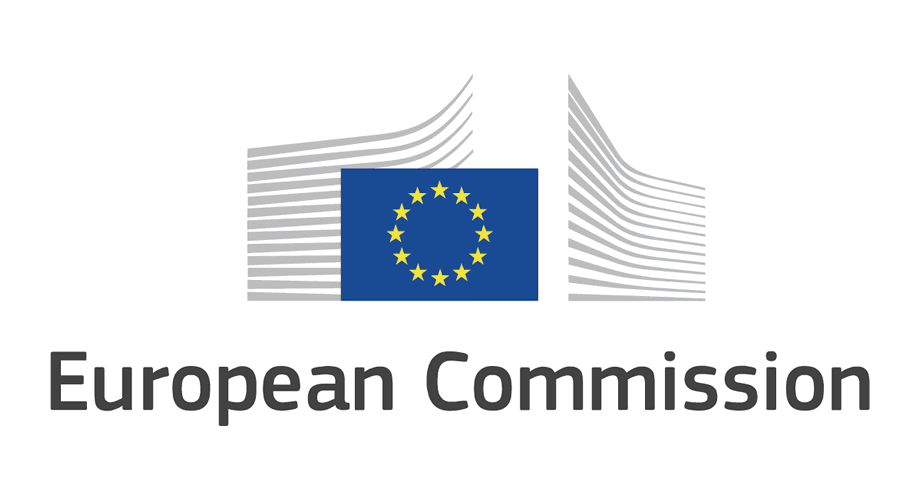In a significant move to align its climate ambitions with international agreements, the European Commission on July 7, 2023, proposed a coordinated withdrawal from the Energy Charter Treaty (ECT) by the European Union (EU), its Member States, and Euratom. The treaty, established in the 1990s, is no longer considered compatible with the EU’s enhanced climate objectives outlined in the European Green Deal and the Paris Agreement.
The Energy Charter Treaty, signed in 1994 and enforced since April 1998, was initially an EU agreement that provided legal safeguards for companies investing in energy projects such as offshore oil rigs. Under Article 10(1) of the treaty, these investments were guaranteed “the most constant protection and security.” Governments were obliged to compensate companies for lost future earnings if policies were changed to restrict these projects.
However, the ECT has faced criticism due to its potential to deter governments from implementing clean energy policies necessary for achieving global climate goals. The threat of legal action by firms and investors under the treaty has been seen as an obstacle to enacting measures aimed at reducing fossil fuel emissions.
Reforms to modernize the treaty were scheduled for a vote last November, with over 50 signatory countries participating. However, the EU requested a postponement after seven of its member states withdrew from the treaty due to dissatisfaction with the proposed updates. This setback prompted the European Commission to propose a coordinated and orderly withdrawal from the unmodernized ECT to ensure equal treatment of investors across the EU and beyond.
The European Commission’s proposal will now be submitted to the Council of the EU, where approval requires a qualified majority vote. The first informal discussion regarding the withdrawal is expected to take place among Energy Ministers in Valladolid, Spain, during the upcoming Informal Meeting of the Transport, Telecommunications, and Energy Council under the Spanish Presidency.
The withdrawal from the Energy Charter Treaty is viewed as a significant step in aligning the EU’s climate actions with its international commitments. Critics argue that the ECT’s potential for costly investment lawsuits could hinder the implementation of robust clean energy policies necessary to combat climate change effectively. The coordinated withdrawal aims to address this concern and pave the way for a more climate-friendly approach to energy investments and policies within the EU.
